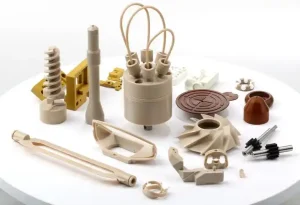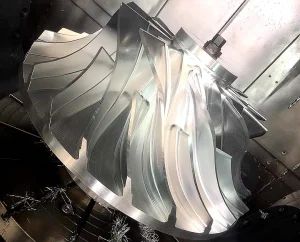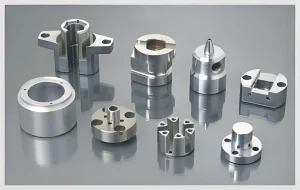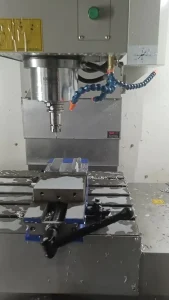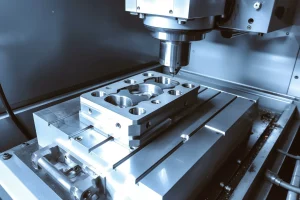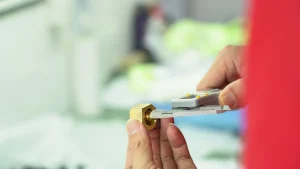Electronic assembly machinery forms the backbone of modern manufacturing, enabling the production of intricate electronic devices. Behind this efficiency lies the precision of machinery parts, which play a crucial role in ensuring optimal performance. In this article, we delve into the nuances of electronic assembly machinery parts processing, explore its significance, and highlight how Rapidefficient delivers unparalleled CNC machining solutions to meet industry demands.
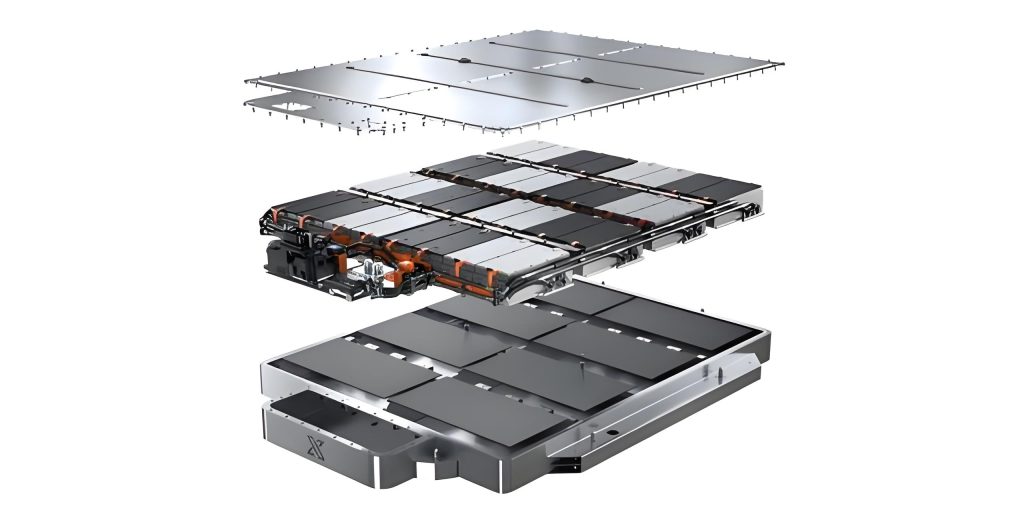
1. What Are Electronic Assembly Machinery Parts?
Electronic assembly machinery is designed to automate tasks such as soldering, component placement, and testing. Its parts are essential for ensuring accurate operations, efficiency, and durability. Common components include:
- Feeders: Responsible for delivering electronic components to assembly lines.
- Nozzles: Used for precise placement of small components.
- Frames and Fixtures: Provide stability and alignment during operations.
Each part must meet strict dimensional tolerances and performance standards to ensure the machinery operates flawlessly.
2. Common Materials Used in Processing
Selecting the right materials for machinery parts processing is vital for durability, precision, and cost-effectiveness. Popular materials include:
- Aluminum: Lightweight and corrosion-resistant, widely used for precision parts.
- Stainless Steel: Known for its strength and resistance to wear.
- Plastics: Utilized in non-conductive or flexible components.
Rapidefficient specializes in machining aluminum, which is highly favored for its blend of strength, weight, and machinability.
3. The Role of Precision in Parts Manufacturing
In electronic assembly, even a minor discrepancy can lead to equipment failure or inaccuracies. Precision manufacturing ensures:
- Consistency: Uniformity across parts for seamless machinery operation.
- High Efficiency: Reduced errors and downtime in production lines.
- Longevity: Enhanced durability of machinery, reducing maintenance costs.
Advanced CNC machining techniques are crucial for achieving these outcomes, providing unmatched precision and repeatability.
4. CNC Machining in Electronic Assembly Machinery
CNC (Computer Numerical Control) machining has revolutionized the production of electronic assembly machinery parts. Its advantages include:
- Unparalleled Accuracy: Meeting tight tolerances required for assembly machinery.
- Customizability: Supporting intricate designs tailored to specific machinery.
- Scalability: Efficiently producing small or large batches of parts.
Rapidefficient’s CNC machining capabilities stand out due to their focus on quality, speed, and cost efficiency, catering to industries with demanding requirements.
5. Key Advantages of Rapidefficient in the CNC Machining Market
Rapidefficient has earned a reputation as a trusted provider of CNC-machined parts for electronic assembly machinery. Key reasons to choose Rapidefficient include:
- State-of-the-Art Technology: Utilization of advanced CNC machines for precise and efficient processing.
- Experienced Team: Skilled engineers dedicated to delivering high-quality results.
- Sustainable Practices: Commitment to eco-friendly machining processes.
- Tailored Solutions: Customization options to meet the unique needs of clients.
With Rapidefficient, clients benefit from reduced lead times, exceptional precision, and reliable customer service.
Conclusion
Electronic assembly machinery parts processing is at the heart of efficient manufacturing, demanding precision and reliability. CNC machining ensures the production of high-quality components that meet the strict standards of the electronics industry.
For businesses seeking dependable and precise CNC machining solutions, Rapidefficient is the go-to partner. From high-quality aluminum parts to tailored services, Rapidefficient stands out as a leader in the CNC machining market.

